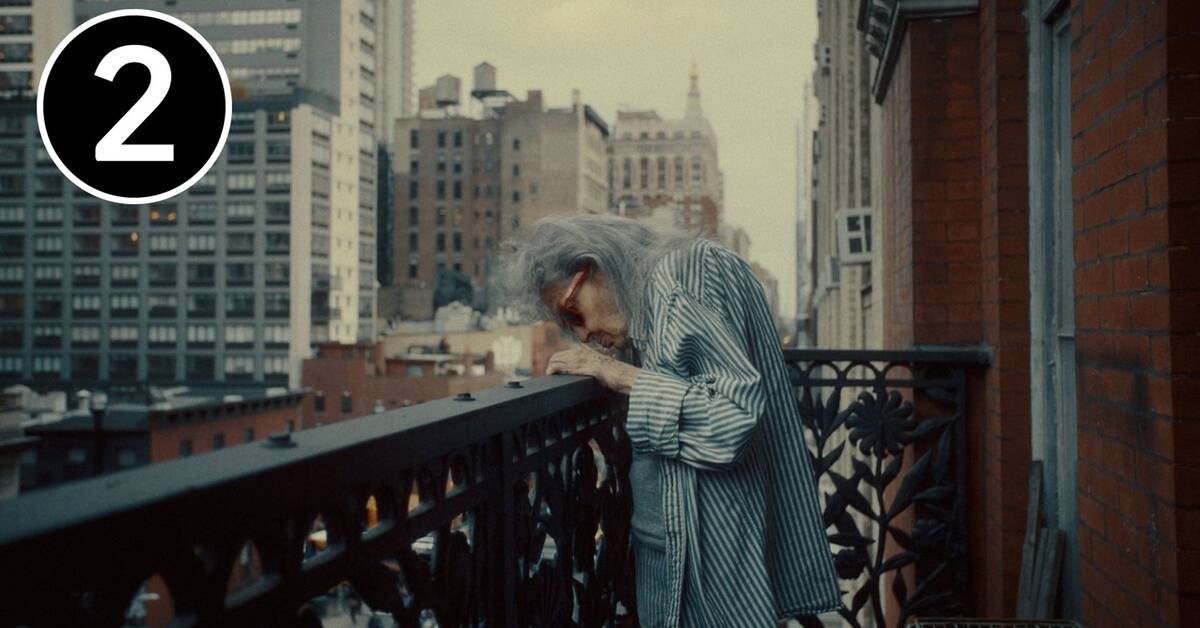I am reasonably interested in the Chelsea Hotel.
The New York establishment that guests like Mark Twain, Dylan Thomas, Andy Warhol and Patti Smith made legendary.
Not infrequently I happen to hum Leonard Cohen's lines about Janis Joplin "I remember you well in the Chelsea Hotel / You were famous, your heart was a legend".
They lived in room 424 and room 411 and had a business in the hotel in 1968.
Sadly, the only thing we get to see
of Janis Joplin is her old soap dish.
My hopes for unique archival material with the greatest cultural figures of the 20th century are dashed, to say the least.
The Belgian directorial duo Amélie van Elmbt and Maya Duverdier do not engage in such crowd-baiting.
"Dreaming Walls" is
very little about the hotel's celebrity guests, instead it follows the last tenants.
A scattered flurry of existences as long-term leases at Chelsea and which relate in different ways to the new owners and the protracted luxury renovation that is underway.
A cynical gentrification process or a perfectly reasonable refurbishment of a dilapidated building?
Directing your eyes at
completely unknown tenants is a sympathetic feature in itself, but the story of Merle, Susan and the others becomes as fluttery as the construction plastic that drapes the hotel's corridors.
Probably because of the fixed idea the filmmakers had to let the "walls speak", not move outside the hotel and to hardly explain anything at all.
An aged choreographer
walks slowly, slowly up the famous wrought iron stairs, talking to construction workers and sketching ideas for a new performance.
A flamboyant middle-aged couple complain that their neighbors are delaying renovations.
A female artist reads children's books to her husband and a wire sculptor quotes Rimbaud and mourns Janis Joplin's soap cup.
I don't mean to
sound pompous, I'm willing to engage with the fates of the tenants and listen to their stories, despite the disappointment of not seeing any celebrities.
But the personal portrait never goes in depth, nor is the great story of the death of bohemia or the power of capital presented more than as a vague opinion.
What does the conflict with the landlord look like?
What happened to the famous manager Stanley Bard?
Who is the guy who is sometimes seen interviewing someone?
The questions are left unanswered.
The hotel's famous guests
are portrayed as ghosts, in silent projections on the bricks of the facade.
Unfortunately, the last tenants do not get any fixed form either.

